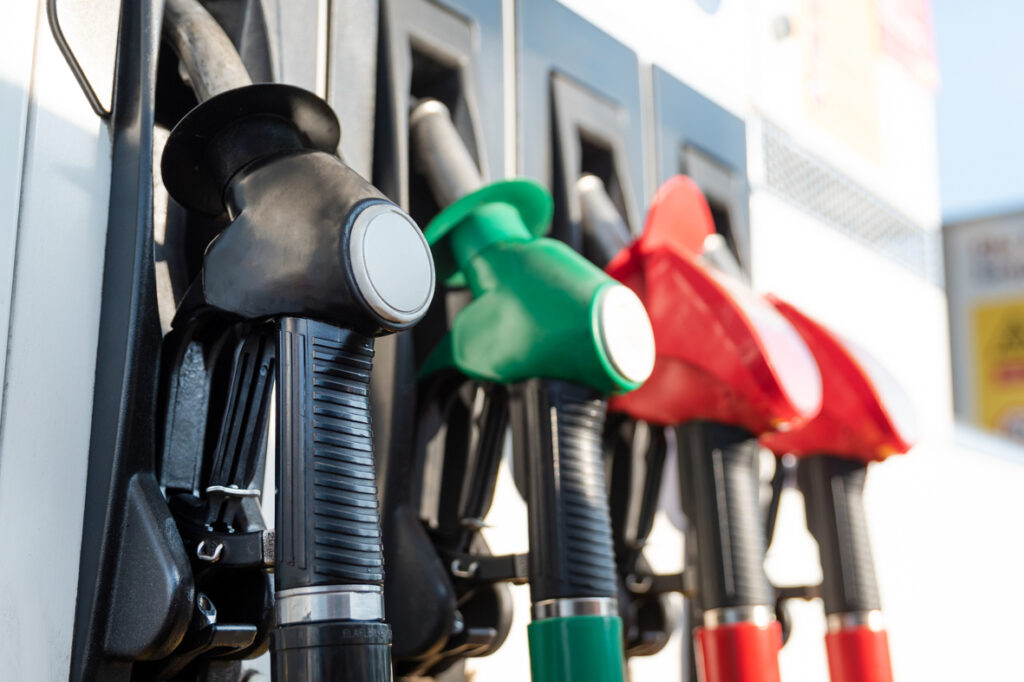In today’s cost of living crisis, many drivers are opting to reduce their car usage to save money. However, for those who still need to use their vehicles, there are various adjustments that can be made to increase efficiency and save on fuel expenses. The condition of your car and your driving habits greatly impact your daily fuel consumption, and minimizing unnecessary costs can lead to significant long-term savings. The RAC recently dubbed it a “dark day” when the average cost to fill a family car surpassed £100. If this expense is incurred once per week, the annual fuel bill could reach £5,200. Fortunately, there are numerous ways to cut down on the ever-increasing costs of petrol and diesel, as evidenced by our top 10 tips below.
Top 10 tips to reduce your fuel expenses
Engine maintenance
Your car’s engine requires regular maintenance to perform optimally and reduce fuel consumption. Follow the recommended service schedule, either by taking it to a reputable garage or servicing it yourself. A well-tuned engine with fresh, clean oil and new air filters will run more efficiently than a neglected one.
Tyre inflation
Your car’s tyres play an essential role in fuel efficiency. Under-inflated tyres increase rolling resistance, which wastes fuel. Regularly check and maintain the correct tyre pressure to save on fuel costs. Not only does it reduce fuel consumption, but it also improves tyre life and safety.
Windows
Did you know that open windows increase aerodynamic drag, causing you to put your foot down harder and use more fuel to maintain the same speed? Air-conditioning also uses fuel to operate, so limit its use as much as possible to save fuel. Keeping your windows closed and using air-conditioning sparingly can make a significant difference in your fuel expenses.
Petrol stations
It’s a wise idea to shop around for the best fuel prices, but make sure to factor in the distance you need to travel to the petrol station. Spending too much on fuel to reach a station with slightly lower prices may negate the savings. Utilize online resources such as petrolprices.com to compare prices and find the most cost-effective fuel stations.
Gears and cruise control
Using the highest gear possible without straining the engine improves fuel efficiency by reducing engine speed. This means changing up a gear whenever you can without labouring the engine. Also, using cruise control on major roads helps you maintain a consistent speed and improve fuel consumption.
Smooth driving
Aggressive driving, such as accelerating or braking too hard, can use as much as a third more fuel than smooth driving. Keeping your steering as smooth as possible, and anticipating traffic flow can help you avoid hard stops and starts, which waste fuel.
Excess weight
Carrying around unnecessary items such as roof racks, deck chairs, or toolboxes can increase fuel consumption. Lose the extra weight and remove any items you don’t need to save fuel and reduce expenses.
Bulbs
Energy-efficient bulbs like Philips EcoVision use 20% less energy and last four times longer than standard car lamps. They are also the world’s most environmentally-friendly bulbs, and they can save you an average of 14 litres of fuel per pair of headlight bulbs. Upgrading your car bulbs is an easy way to reduce fuel consumption and emissions.
Follow lorries
Following lorries on the motorway at a safe distance can improve fuel consumption. A lorry will create less air resistance for your vehicle because it has already passed through the air, creating a tunnel or ‘slipstream’ behind it. Even staying 200 metres behind a lorry can make a significant difference in your fuel consumption.
Don’t drive in neutral
Coasting in neutral wastes fuel, as your engine is still idling and using fuel. Instead, use a high gear or lower gears for engine braking to save fuel and reduce brake pad wear. This simple change in driving habits can help you save on fuel expenses in the long run.


